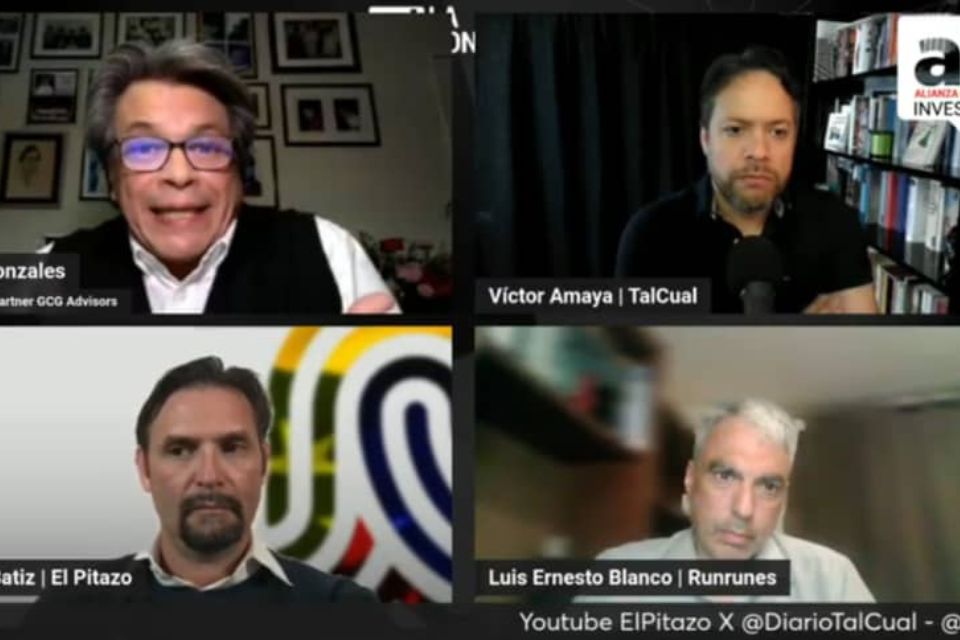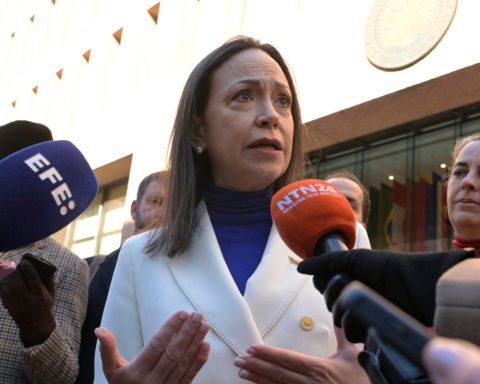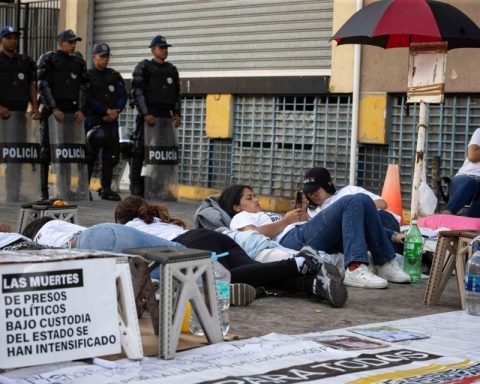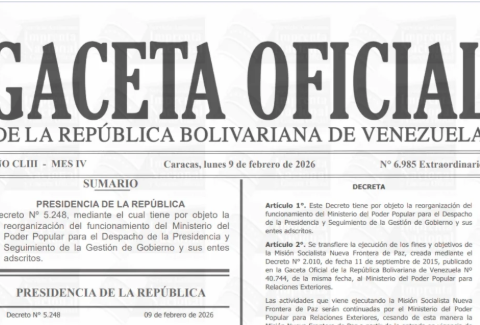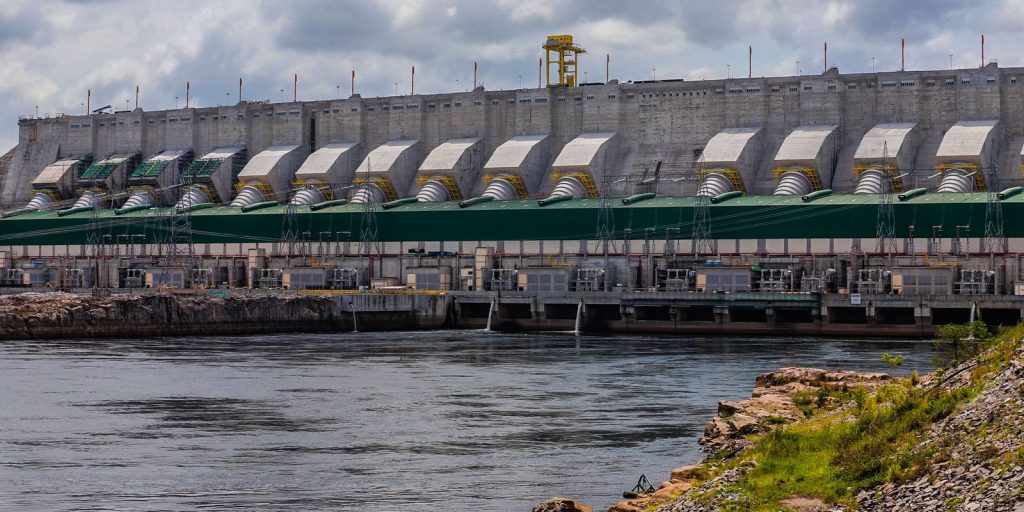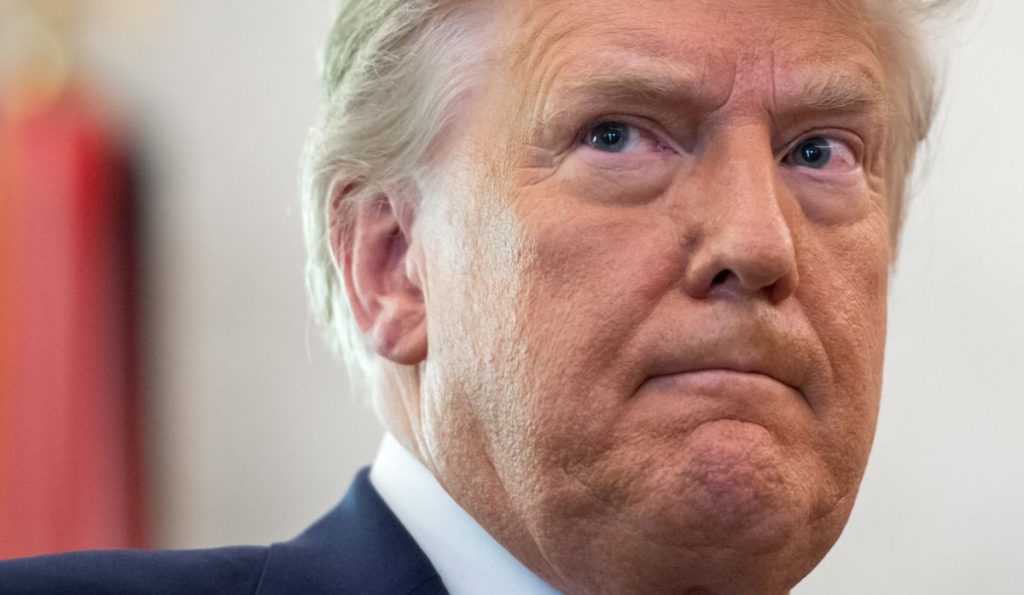The economist and political analyst argued that the United States needs to normalize its relationship with Venezuela due to its dependence on oil. He ruled out a possible military intervention and criticized the improvised tone that some White House administrations have had in the face of Chavista authoritarianism.
For economist and political analyst José Gonzales, a meeting between the newly elected president of the United States Donald Trump and Nicolás Maduro is not ruled out.
“Trump is unpredictable and public policies are not exercised as they have been conventionally done. If the United States must choose between democracy and order, it is likely to opt for order. The question is whether Maduro represents order. “Venezuela will continue to be key for the United States because fundamentally the relationship between both nations is energetic,” said Gonzales in the framework of La Conversa, the weekly online space of the Rebel Alliance Investigates made up of Runrun.es, El Pitazo and SuchWhich.
The political analyst ruled out the possibility that the United States would promote military intervention in Venezuela.
“There is no vocation in the United States to intervene in a country, the American army is made up of 2 million uniformed personnel and only 30% are trained for combat. In Venezuela it is practically impossible to carry out a mission of that caliber, it is a very large territory and the experience in places like Afghanistan has been traumatic,” said Gonzales in the program on Tuesday, November 5, which was hosted by Luis Blanco, director of Runrun.es; César Batiz, director of El Pitazo and Víctor Amaya, director of SuchWhich.
The economist asserted that there has been a lot of improvisation on the part of the US administrations in the relationship with Venezuela.
“Obama declared Venezuela a danger because he was negotiating immigration reform with the Republicans. When Trump recognized Guaidó as president, other countries bowed so as not to contradict American policy. Very hasty decisions were made. The idea was for Maduro to assume Qatar’s commitments, but the events of June 28 altered expectations about Venezuela.”
Did Venezuela and the United States make up?
Gonzales predicted a possible normalization of relations between the governments of Venezuela and the United States.
“Because Venezuela will continue to be key for the United States, Venezuelan oil reserves are indispensable. Venezuela can produce between 5 and 6 million barrels of oil per day and today they barely produce 800,000. The capital exists to rebuild the Venezuelan oil industry. The next discussion is whether it is possible to carry out this reconstruction with Maduro in power.”
In Gonzales’ opinion, the last word in the relationship between Venezuela and the United States will be the American Department of Energy.
“The United States consumes around 20 million barrels of oil daily and currently there is a deficit of 6 million, 15% of the oil produced in the world comes from Latin America, so Venezuela is extremely important.”
According to the political analyst, the war between Israel and Palestine has had an impact on the energy markets.
“Trump’s proposal includes an increase in oil production, today 102 million barrels are consumed daily in the world and the projection for 2050 is between 120 and 130 million barrels.”
Gonzales said that the renewal just a month ago of Chevron’s license to operate in Venezuela leads to a scenario of optimal relations between both nations.
“Have a US embassy back in Caracas and maybe lift some sanctions so Western teams can operate.”
Gonzales explained that Venezuela is increasingly a more authoritarian state and in that sense the US government must deal with it.
“That is not going to change and the United States needs to normalize the relationship with Venezuela, the key to the matter lies in how to deal with a government that crossed a red line on June 28.”
*Read also: La Conversa | Paparoni: “Gorrín was taking $1 million a day from PDVSA for four years”
Post Views: 141
